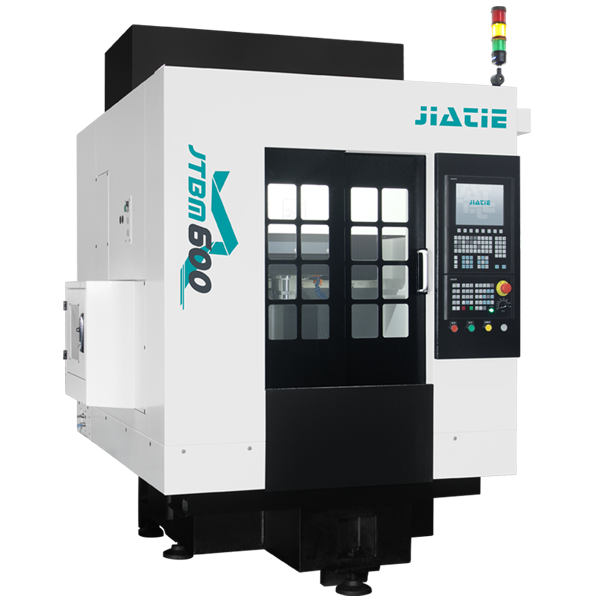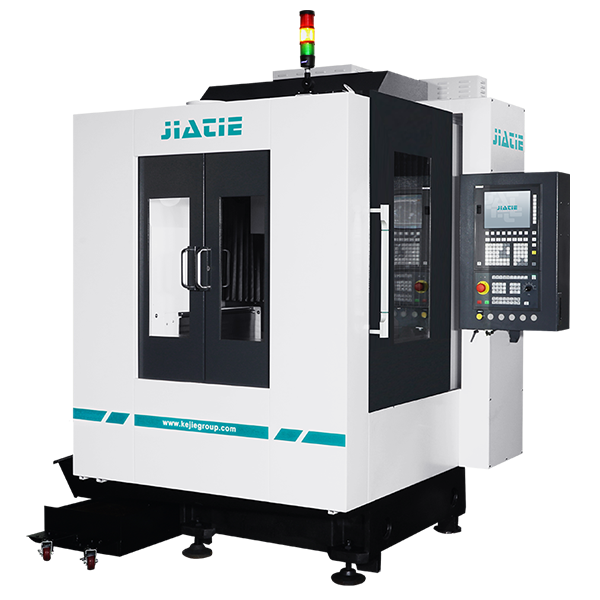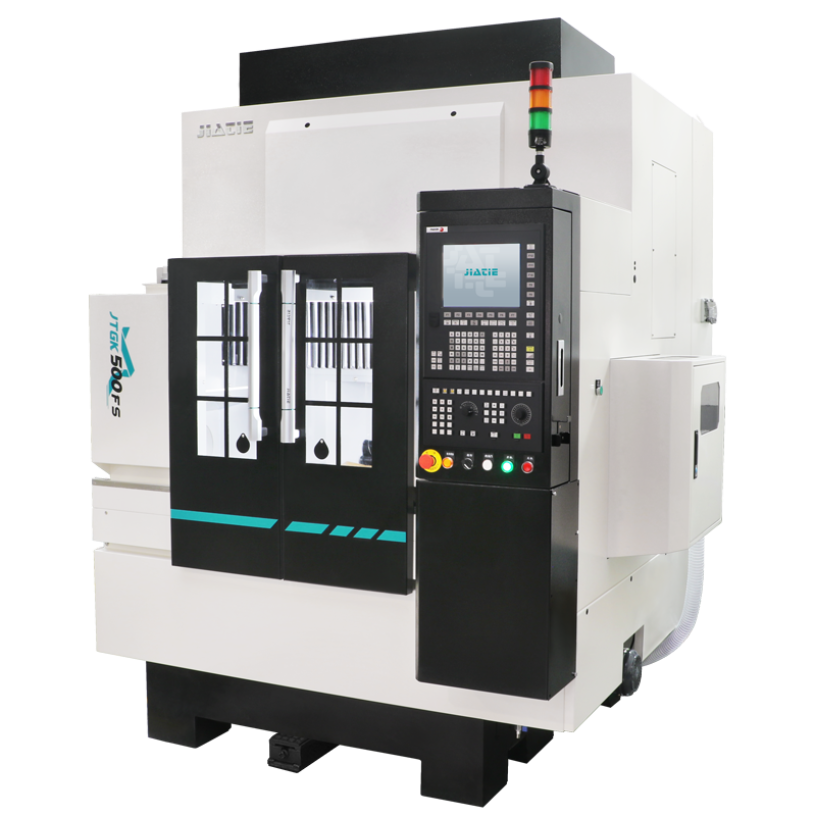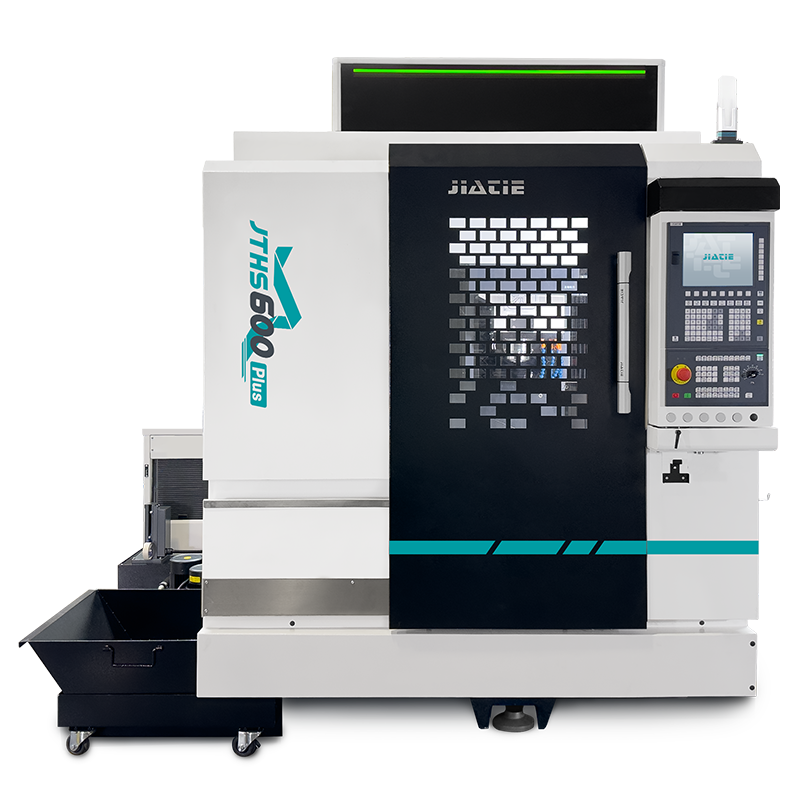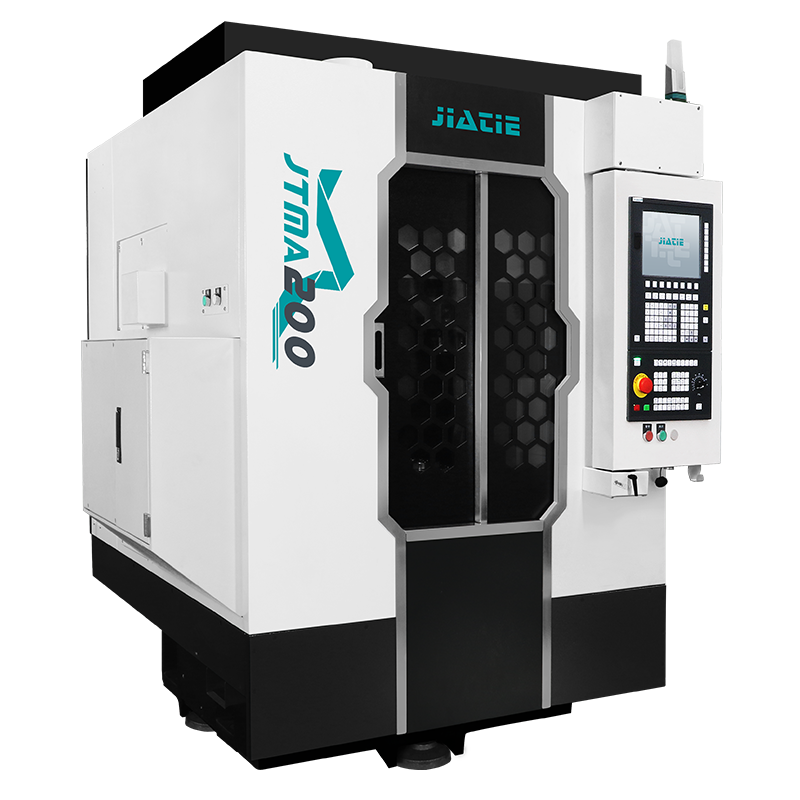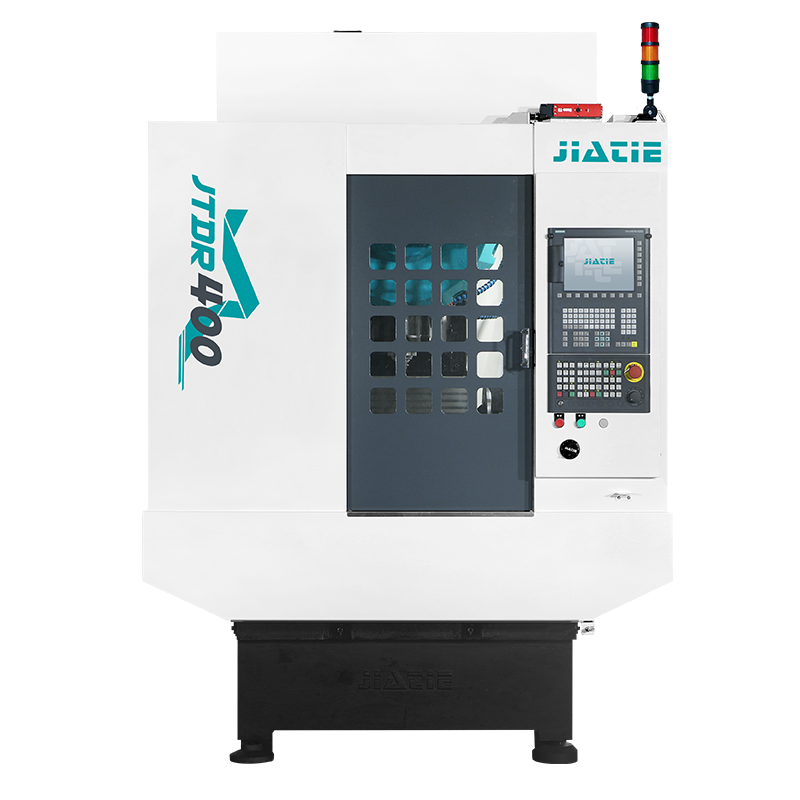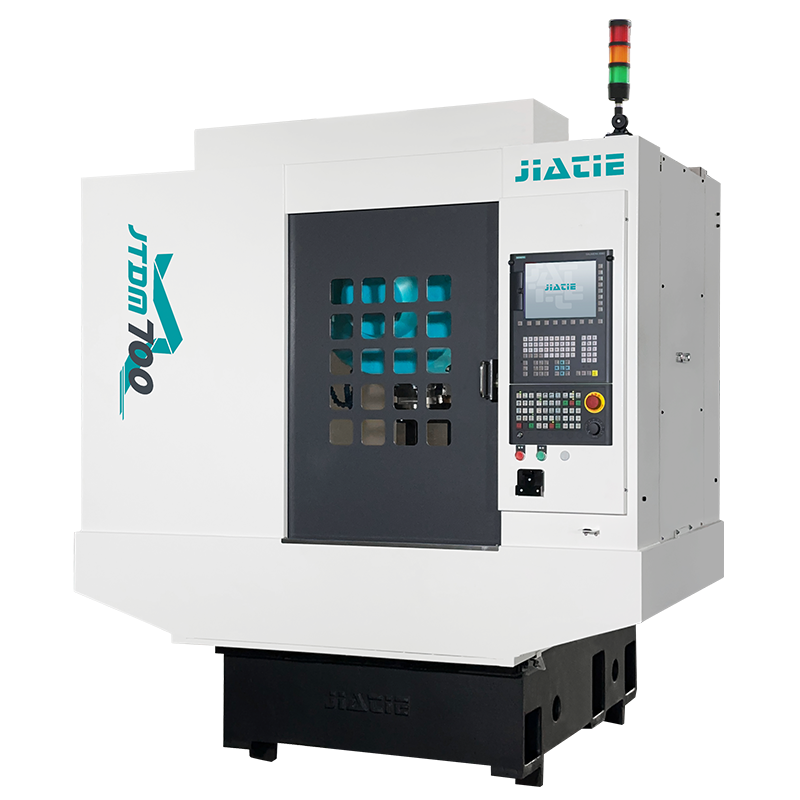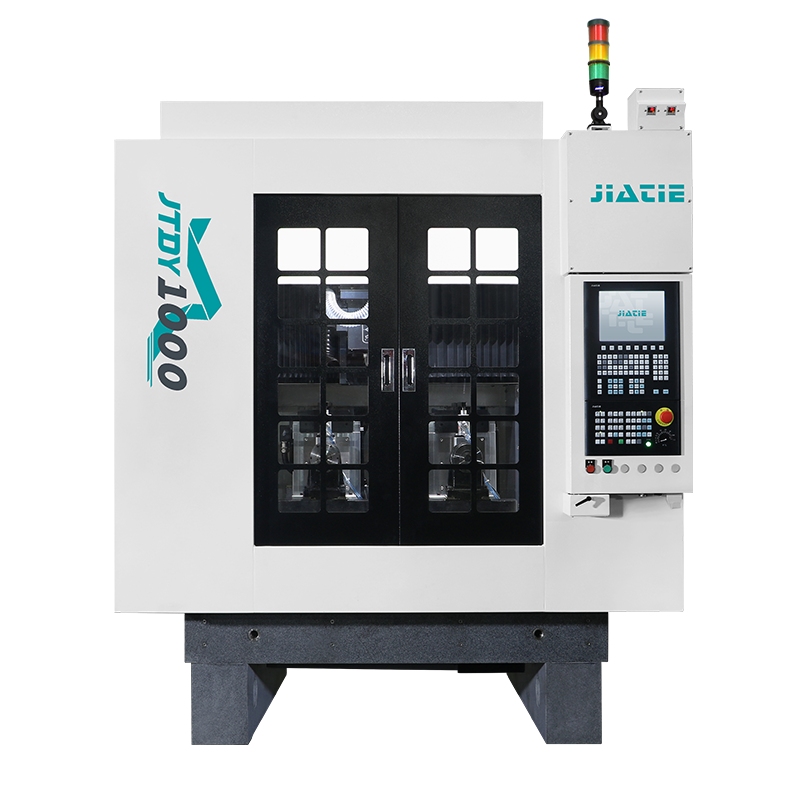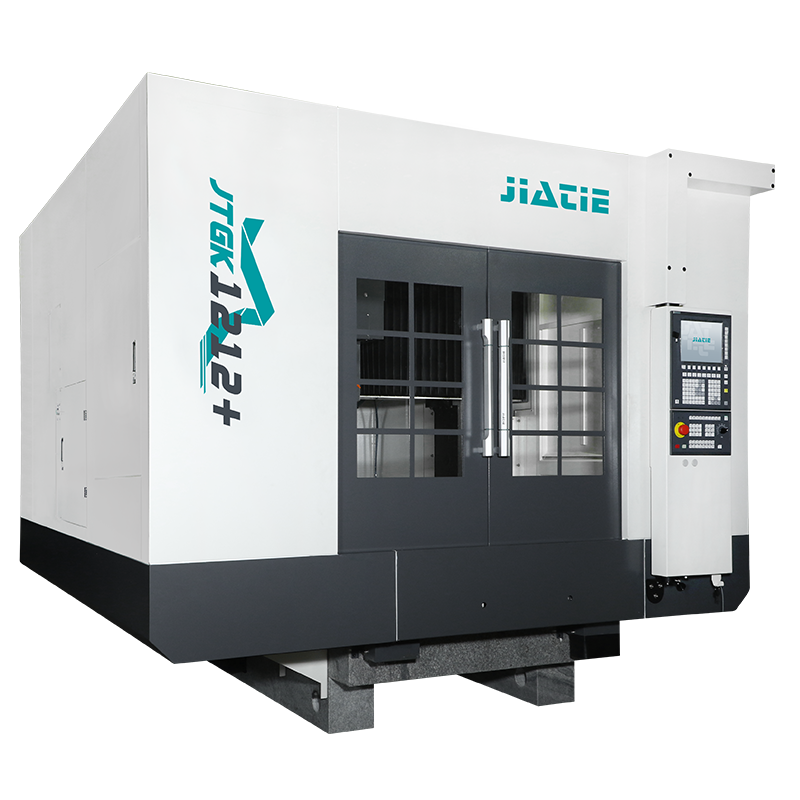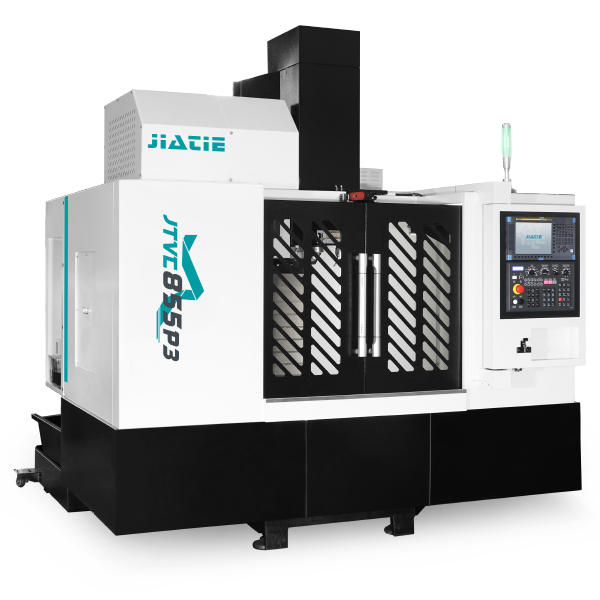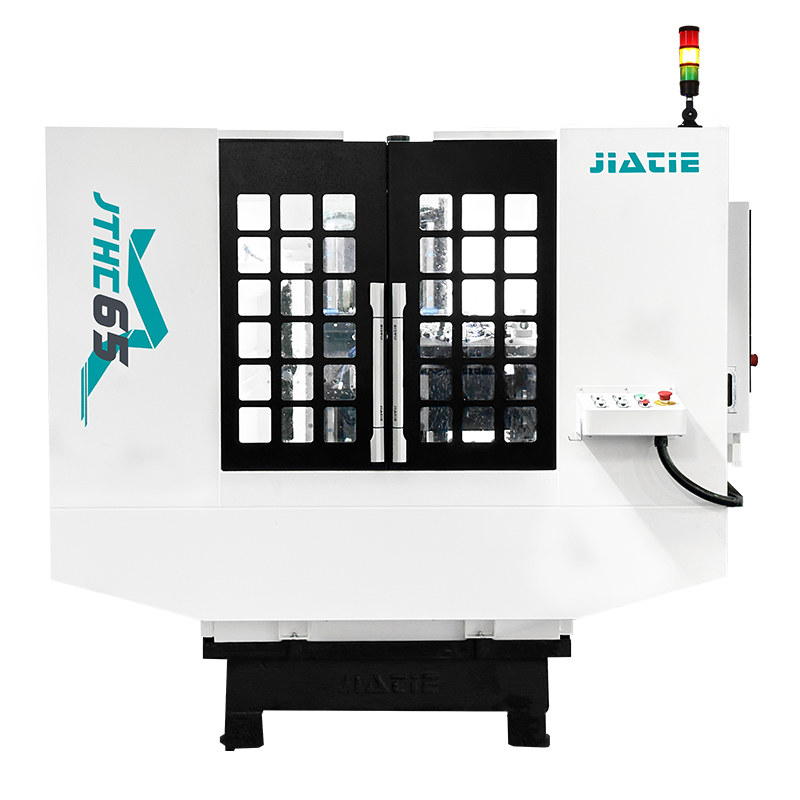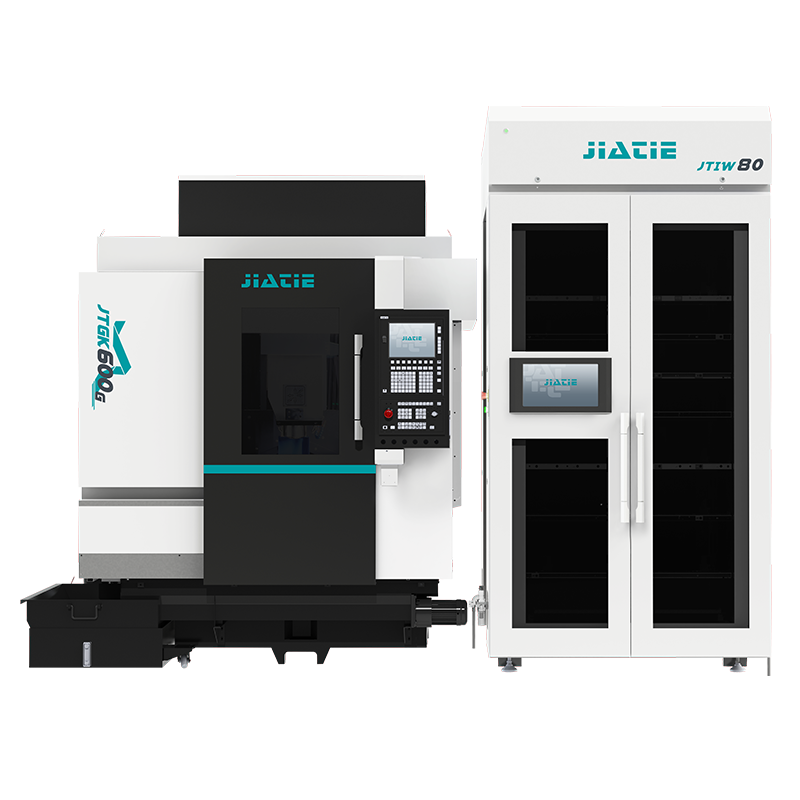A multi-stationed Customized Machine is a highly specialized piece of industrial equipment designed to perform a series of automated tasks or operations on a workpiece across multiple workstations within a single integrated system. These machines are tailored to meet specific production requirements and are widely used in industries that demand high-volume, high-precision, and high-efficiency manufacturing processes. Common applications include automotive components, home appliances, medical devices, electronics, and metal parts production.
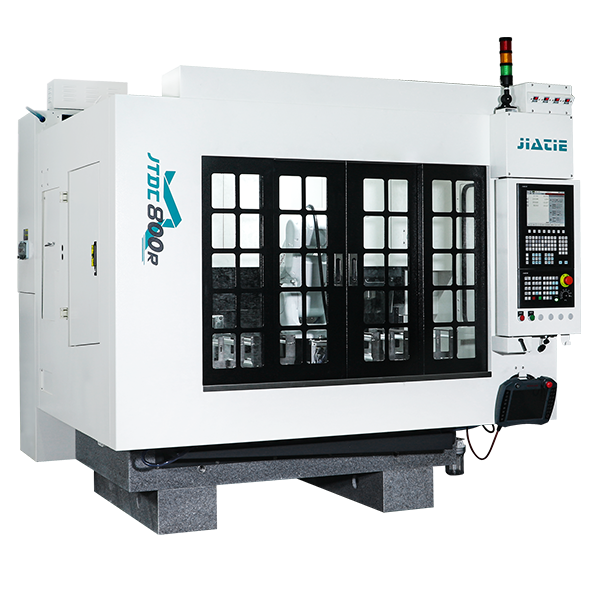
Unlike traditional single-station machines that perform one process at a time, a multi-stationed customized machine integrates several processing steps—such as cutting, drilling, tapping, assembling, inspection, labeling, or packaging—into a continuous workflow. The transition between stations is automated, typically using rotary indexing tables, linear conveyors, or robotic arms to transfer the parts from one station to the next. This results in faster production cycles, improved consistency, and reduced handling time.
Key Components and Structure
A typical multi-stationed customized machine consists of several core components:
Base Frame and Structure: The mechanical foundation that holds all stations in place, ensuring stability and precision alignment.
Indexing or Transfer System: The mechanism that moves the workpieces from one station to another. This may be a rotary indexing table, pallet conveyor, or pick-and-place system.
Workstations: Each station performs a specific task, such as machining, riveting, welding, screwing, gluing, or quality checking.
Control System: Usually powered by PLC (Programmable Logic Controller) or industrial PC, this system coordinates all motions, sequences, sensors, and safety functions.
Human-Machine Interface (HMI): A touchscreen or software panel that allows operators to monitor, control, and adjust the machine's settings.
Sensors and Vision Systems: For precise positioning, detection of part presence, and automated quality inspection.
Custom Fixtures and Tooling: Tailored to hold and position the workpieces correctly during each operation.
How It Works
The workflow of a multi-stationed customized machine typically follows a streamlined and synchronized process:
Loading the Workpiece: Raw materials or semi-finished parts are fed into the machine either manually or through an automated feeding system.
Sequential Processing: Each station carries out a specific task. For example, the first station may drill holes, the second may insert components, the third may perform assembly, and so on.
Automatic Transfer: Once a task is completed at one station, the indexing system moves the part to the next station. This transition is precisely timed to optimize cycle time.
Inspection and Quality Control: Some stations are dedicated to checking tolerances, positions, or functional criteria using sensors or vision cameras.
Unloading or Final Packaging: After all tasks are completed, the final product is ejected or transferred to the next stage of the production line, such as labeling or packaging.
This continuous, multi-task flow dramatically reduces idle time and labor costs while improving repeatability and product consistency.
Benefits of Multi-stationed Customized Machines
Increased Productivity: Multiple operations are completed in one system with minimal manual intervention, significantly shortening the production cycle.
Space Efficiency: By integrating multiple processes into a single footprint, floor space utilization is optimized.
High Accuracy and Consistency: The fixed setup and coordinated Automation minimize human error and deliver repeatable results.
Labor Cost Reduction: Fewer operators are needed, and human involvement is minimized.
Process Integration: Complex assemblies can be completed in a single machine, avoiding part movement between separate machines.
Customization Flexibility: Machines are designed around the customer’s specific product, material, process, and production capacity requirements.
Applications Across Industries
Multi-stationed customized machines are used in various sectors, including:
Automotive: Assembly of brake systems, engine parts, gearboxes, and lighting components.
Electronics: PCB insertion, soldering, and connector assembly.
Medical Devices: Syringe assembly, catheter welding, diagnostic device construction.
Metalworking: Multi-operation machining of housings, flanges, and structural parts.
Consumer Products: Automatic assembly of household appliances, tools, and packaging solutions.
Future Trends
The evolution of Industry 4.0 and smart manufacturing is pushing multi-stationed machines toward even more intelligent and connected solutions. Integration with MES (Manufacturing Execution Systems), predictive maintenance, data logging, and real-time monitoring allows for better control and optimization. In addition, modular machine design is becoming popular, enabling manufacturers to adapt or expand stations as production needs evolve.
Conclusion
Multi-stationed customized machines represent a powerful solution for manufacturers seeking to increase efficiency, reduce costs, and maintain high quality in complex production environments. By automating multiple tasks in a coordinated system tailored to specific processes, these machines support scalable, flexible, and competitive manufacturing for a wide range of industries.
Company Introduction
The brand ‘JIATIE’ of KEJIE TECHNOLOGY CO., LTD has been founded since 1998 for over 20 years, located in Jiangmen, Guangdong, China. It adheres to the motto ‘good and reliable quality as iron’ as the original entrepreneurial spirit.
Our products, including CNC Grinding Center, CNC high-speed machines, 5-axis high-speed machine, Vertical Machining Center, bonding machines, FPc soft-board laser cutting machines, automated production lines etc, are widely applied in different industries such as electronics, medical instruments, automotive, railway transportation, equipment manufacturing, molding industry, etc.
Up to now, the company maintains close cooperative relationships with various Global top 500 and Technology top 100 companies to provide customized solutions, and to achieve a win-win situation.
Contact: enquiry1@kejiegroup.com
Website: https://www.kejietechnology.com
YouTube:http://www.youtube.com/@kejie-w9j


